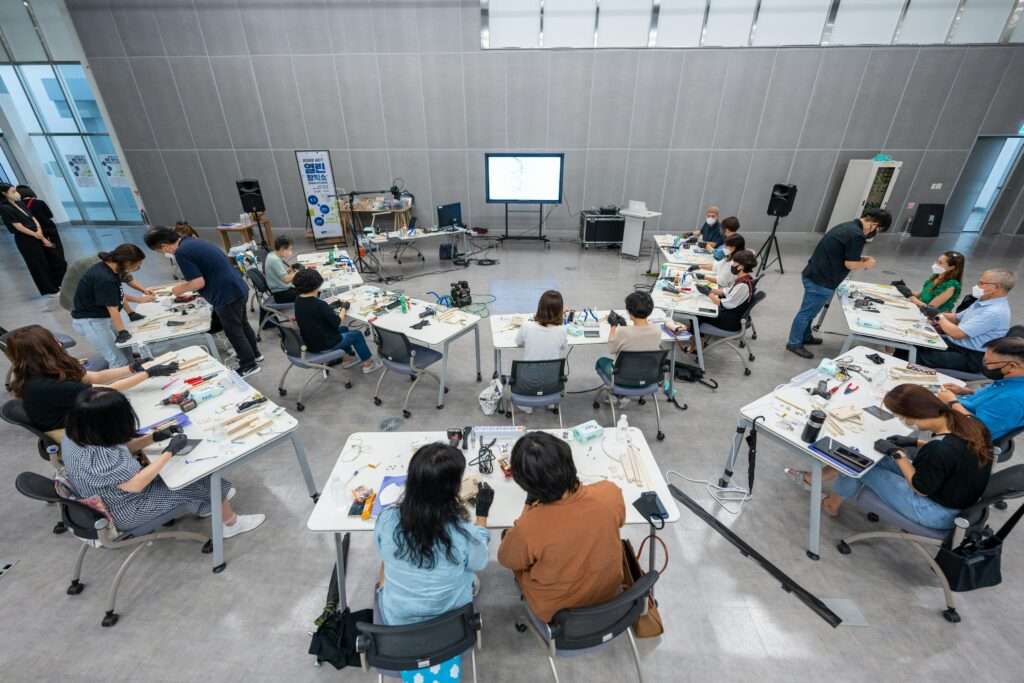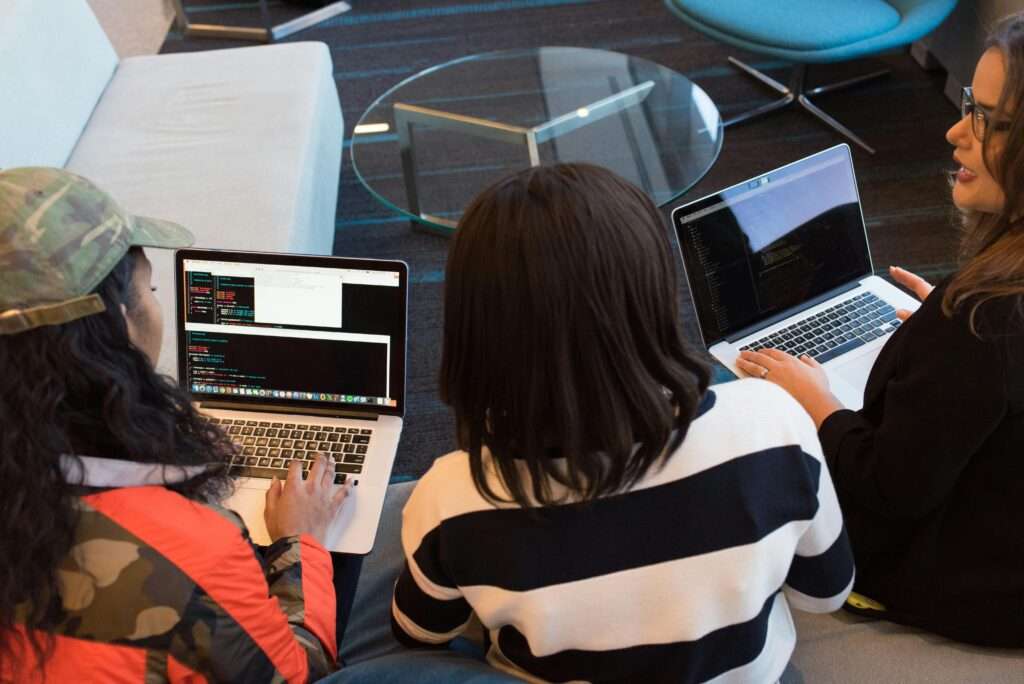Introduction: Studying abroad offers a wealth of academic and personal growth opportunities, but one often overlooked aspect is the chance to build a strong, global network. Whether for future job prospects, professional connections, or friendships, the people you meet while studying abroad can have a significant impact on your future. In this blog, we’ll explore practical tips on how to build and maintain a strong network while abroad—whether you’re looking to make lasting friendships, gain career advice, or find future professional opportunities.
1. Make the Most of Your University’s Resources Most universities offer networking events, career fairs, and international student programs to help you connect with both local and international students. Take full advantage of these resources!
Ways to get involved:
- Attend university-hosted networking events, workshops, or lectures.
- Sign up for clubs or groups related to your academic or personal interests.
- Explore career services for internships or networking opportunities within your field of study.
2. Participate in Social Activities and Clubs One of the easiest ways to meet people and build connections is by participating in social activities. Many universities offer student clubs, sports teams, or cultural groups that can help you meet like-minded individuals.
How to get involved:
- Join student organizations or sports clubs that match your interests.
- Attend social events such as international nights, welcome parties, or cultural exchanges.
- Volunteer for events or causes that align with your passions.
3. Build Relationships with Professors and Advisors Your professors and academic advisors are more than just instructors—they can become valuable mentors and connections for your future. Building a relationship with them can lead to research opportunities, career advice, and professional networks.
How to build academic connections:
- Attend office hours and engage in discussions with your professors.
- Seek advice on your academic and career goals.
- Ask about research or internship opportunities within your field of study.
4. Use Online Platforms to Connect with Alumni and Professionals Networking doesn’t have to be limited to in-person interactions. Online platforms like LinkedIn, alumni networks, and professional associations can provide a wealth of opportunities for building connections globally.
How to network online:
- Update your LinkedIn profile and connect with professionals and alumni in your field.
- Join online groups or forums specific to your study interests or career path.
- Attend virtual webinars, conferences, or networking events hosted by your university or industry.


5. Network with Other International Students In addition to local students, building a network with other international students can be equally valuable. These connections can provide insights into the local culture, help you share experiences, and even help with personal or academic challenges.
How to connect with international students:
- Participate in international student orientations or meetups.
- Exchange tips about adjusting to life in your host country.
- Attend events specifically for international students organized by the university or community.
6. Take Advantage of Internships and Job Opportunities Internships or part-time jobs are not only a great way to gain work experience, but they also open the door to building professional connections that could lead to future career opportunities.
Tips for finding internships or jobs:
- Check with your university’s career center for internship listings.
- Attend job fairs or career events to meet potential employers.
- Network with local businesses and express your interest in gaining experience.
7. Be Open-Minded and Approach People Networking is about building genuine connections. Make an effort to approach people, even if it feels intimidating at first. Being open and approachable will make it easier to connect with others and create meaningful relationships.
How to start conversations:
- Initiate casual conversations with classmates, roommates, or people you meet during social activities.
- Ask questions about their backgrounds or interests to find common ground.
- Be genuine and show interest in their experiences and perspectives.
8. Attend Industry-Specific Networking Events and Conferences In many countries, there are industry-specific events or conferences for students studying in specialized fields. These events are great opportunities to connect with professionals and other students in your field.
How to participate:
- Look for industry events, conferences, and seminars happening in your host country.
- Network with speakers and attendees who share your academic or career interests.
- Take advantage of these events to gain valuable insights and make connections.
9. Stay in Touch with Your Network Building a network is just the beginning. Maintaining those relationships is crucial for long-term success. Regular communication, whether through social media, emails, or even casual check-ins, will help you strengthen your network over time.
Ways to stay connected:
- Reach out via LinkedIn or email to maintain professional connections.
- Send holiday greetings or congratulatory messages to stay in touch with people.
- Invite friends, mentors, or professors for a coffee chat or virtual meet-up after your study abroad experience.
10. Be Genuine and Patient Building a network takes time and effort, so don’t rush it. Be genuine in your interactions and focus on making meaningful connections, not just collecting business cards or social media contacts. Over time, these relationships will develop into valuable professional and personal networks.
How to build meaningful connections:
- Focus on quality over quantity when making connections.
- Invest time in getting to know people and helping them when possible.
- Don’t be afraid to share your experiences and challenges as an international student—it can help you form deeper, more supportive connections.
Conclusion: Studying abroad is not only an academic experience but a chance to create a global network that can benefit your career and personal growth for years to come. By following these tips and actively seeking opportunities to network, you’ll be able to build meaningful connections that will help you in the future, both professionally and personally. Whether you’re meeting new friends, finding mentors, or connecting with professionals in your field, the relationships you build during your study abroad experience can last a lifetime.




